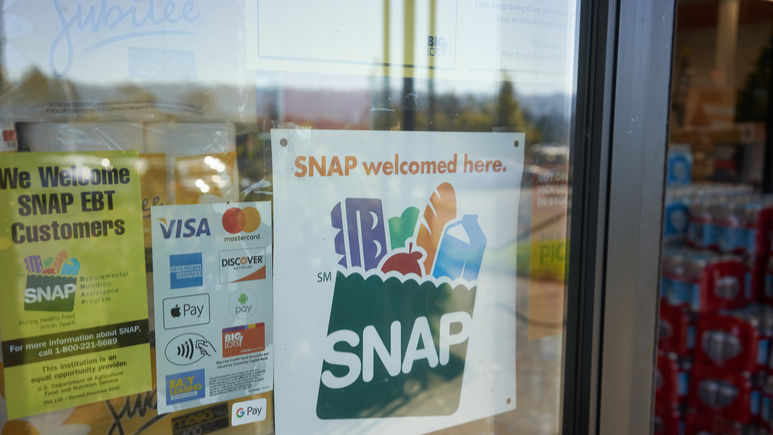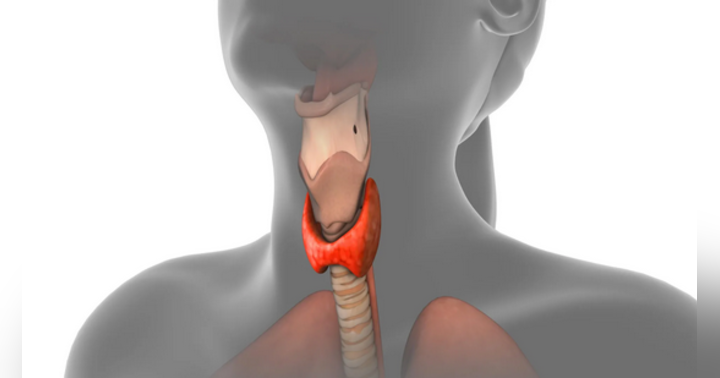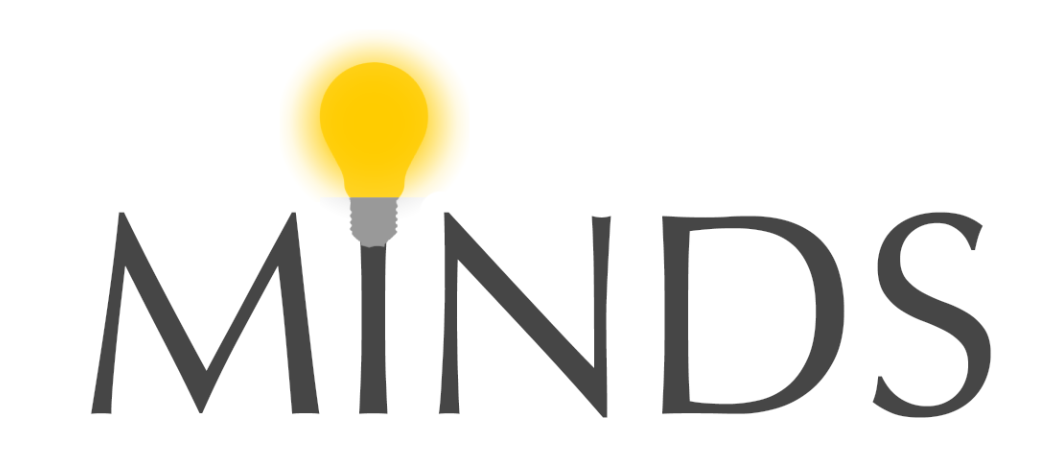
Six more states have had SNAP waivers approved by the USDA to remove sugary beverages from eligibility for recipients of the supplemental nutrition program. A press conference was held with USDA Secretary Rollins, HHS Secretary Kennedy, and FDA Commissioner Makary. West Virginia, Florida, Colorado, Louisiana, Oklahoma, and Texas all had waivers approved with varied changes to their respective state-level SNAP programs.
West Virginia is removing soft drinks, and Colorado is removing all sugary beverages with more than 5 grams of sweetener per 12 ounces from SNAP eligibility. The other four states have removed soda (or all sweetened beverages) and candy from eligibility. Florida has also removed prepared desserts. The new SNAP rules will take effect sometime in 2026, depending on the state.
12 states have now taken steps to restrict sugary beverages from SNAP benefits after encouragement from Secretary Kennedy as part of the MAHA agenda. Colorado is the first “blue state” to send through a waiver request.
“Colorado is one of the healthiest states in the nation and has the lowest obesity rate of any state,” Colorado Governor Jared Polis said in a statement following the approval of the SNAP waiver. “Sadly, even Colorado’s lowest obesity rate of 24.9% is too high, and endangers and shortens the lives of too many Coloradans. Today’s waiver is a big step towards improving the health of Coloradans and reducing obesity rates, diabetes, and tooth decay.”
Secretary Kennedy, who has spearheaded the MAHA movement, has referred to an obesity epidemic in the United States. According to National Health and Nutrition Examination Survey statistics, 73.1% of US adults are overweight or obese, with 42.4% being obese. 35.4% of children aged 2-19 are overweight or obese.
“Spending $405 M a day on SNAP – about 10% is going to sugary drinks,” Secretary Kennedy said. “If you add candies to that, it’s about 13 to 17%. If you wanna buy a sugary soda, you ought to be able to do that, but the US taxpayers should not pay for it. The US taxpayers should not be paying for foods that are gonna give kids diabetes. And we’re doing it step by step, state by state.”
The math shows that $40 million is spent every day on sugary drinks, with about half of that amount attributed to sodas and the other half to other highly sweetened beverages. “Today marks the beginning of the end of the government subsidization of diabetes and obesity,” said Commissioner Makary.
Secretary Kennedy also announced that the administration is working on overhauling the federal dietary guidelines to focus on health rather than corporate interests. For example, the guidelines suggest limiting calories from added sugar to 10% of daily calorie intake. The document states, “Added sugars can help with preservation; contribute to functional attributes such as viscosity, texture, body, color, and browning capability, and/or help improve the palatability of some nutrient-dense foods.”
One page of the guidelines encourages people to consume “nutrient-dense” vegetable oil instead of the “typical” butter. Vegetable oil refers to anything that is extracted from a plant, including Soybean oil, canola oil, sunflower oil, and corn oil, which are commonly referred to as seed oils.
Tracy Beanz and Michelle Edwards reported for The HighWire about the history of seed oils in the United States and Procter & Gamble’s role. These oils create an unhealthy 15:1 balance of omega-6 fat to omega-3 fat, which “triggers chronic inflammation and oxidative stress, leading to diseases like diabetes, cancer, and cognitive decline.”
The HighWire reported in March about an industry lobbyist group that has been spreading a message in opposition to the MAHA agenda and its attempt to remove sugary beverages from SNAP benefits. The group, called Americans for Food and Beverage Choice (AFBC), is spearheaded by the American Beverage Association, which includes Coca-Cola, Pepsi, and Keurig Dr. Pepper as members.
The group posted on X, “Your cart, your choice! Nobody should tell you or your family what you can eat or drink – those choices are up to you. Find out why it’s important to protect your food and drink choices.”
The US per capita sugar consumption is 126.4 grams per day, and the country is the biggest consumer of sugar in the world. The largest source of sugar comes from beverages like soda, energy drinks, and sweetened fruit drinks.
A majority of US children between the ages of 1 and 5 have at least one sugary beverage weekly. Most school-age children consume three times the recommended sugar limit, typically from sodas, candy, and baked goods.
A 2007 rat study suggested that neurochemical reactions in rats who have consumed sugar resemble those of substance abuse. The authors wrote, “The reviewed evidence supports the theory that, in some circumstances, intermittent access to sugar can lead to behavior and neurochemical changes that resemble the effects of a substance of abuse. According to the evidence in rats, intermittent access to sugar and chow is capable of producing a “dependency”. This was operationally defined by tests for bingeing, withdrawal, craving, and cross-sensitization to amphetamine and alcohol.”
In addition to sugar’s potential physically addictive quality, sugary beverages operate as a “social currency,” as reported by NPR. The article references a 17-year-old teenager who is grateful for SNAP benefits that allow her to be a part of the “social pyramid” that her family wouldn’t be able to afford otherwise.
Others have spoken out in support of the changing tide to remove heavily-sweetened drinks from the subsidized nutrition program. “SNAP is supposed to help people during a time of need, not subsidize junk food that leads to chronic illness, like diabetes and obesity,” Senator Rand Paul wrote on X. “I’m glad to see these critical changes are happening.”








